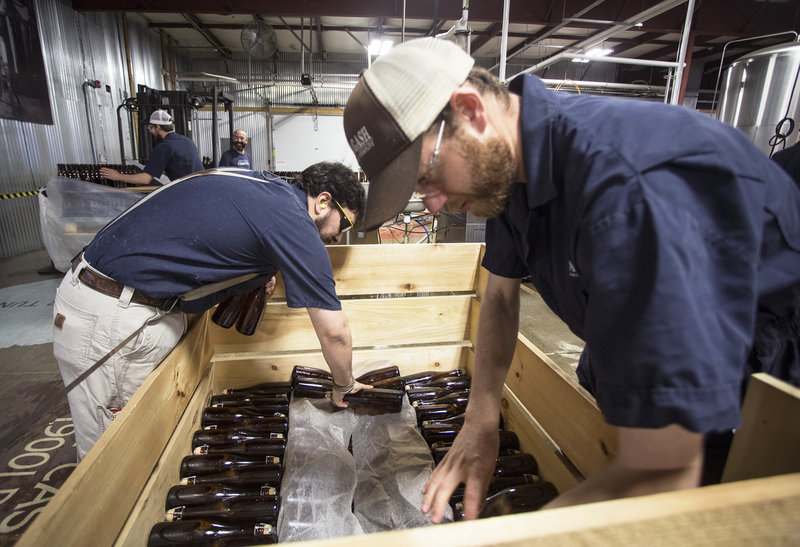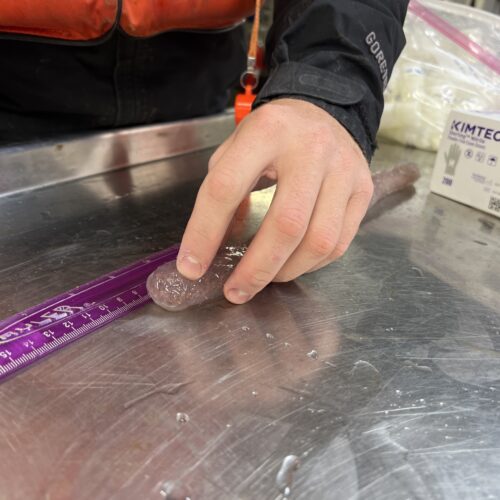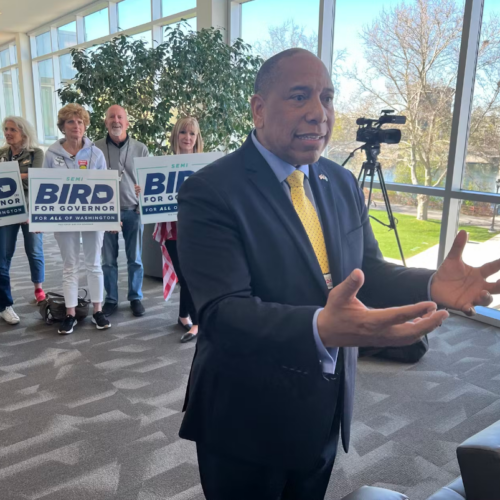
Good News For ‘Green’ Brews: Consumers Say They’ll Pay More For Sustainable Beer
BY RACHEL D. COHEN
Breweries are quite creative these days when it comes to saving energy. Double Mountain Brewery in Oregon uses refillable beer bottles, Five & 20 Spirits and Brewing turns its waste grain and water into compost for aquaculture, and Sierra Nevada Brewing Company recovers carbon dioxide from the fermentation cycle.
Investment in energy-efficient technologies can be costly, but according to a studypublished last week in PLOS ONE, these investments may be worthwhile.
A majority of the 1,000 U.S. beer drinkers surveyed say they are willing to pay more for sustainably-produced beer, and on average, they would pay around $1.30 more per six-pack.
“One dollar and 30 cents is not a small amount if you consider the average price of a six-pack,” says Sanya Carley, an associate professor at Indiana University Bloomington’s School of Public and Environmental Affairs, and the lead author of the survey.
According to data from IRI Worldwide, a Chicago-based market research firm, the average price of a six-pack of beer is $5.96. For craft beer specifically, an average six-pack costs $9.36.
Related Stories:

Pickle-shaped sea creatures popping up along the NW coast, why it’s important
Scientist Kris Bauer measures a pyrosome that was caught in a net aboard the Bell M. Shimada in May 2022. (Credit: Courtney Flatt, Northwest News Network) Listen (Runtime 0:59) Read… Continue Reading Pickle-shaped sea creatures popping up along the NW coast, why it’s important

Art exhibit showcases the beauty of the mighty Columbia
Hat Rock, 2022, acrylic on panel, by Erik Sandgren (American, b. 1952) is on display at the Maryhill Museum until Nov. 15. (Courtesy: Maryhill Museum) Listen (Runtime 0:56) Read The… Continue Reading Art exhibit showcases the beauty of the mighty Columbia

Contaminated wells near Yakima Training Center getting filter fix from the Army
U.S. Army Soldiers with the Washington National Guard fire an M777 towed 155 mm howitzer at a direct fire range during annual training at the Yakima Training Center. (Credit: Staff… Continue Reading Contaminated wells near Yakima Training Center getting filter fix from the Army















